Maintaining a healthy lifestyle is difficult, especially in college or university. Gym memberships are typically pricey, as is buying healthy food. Sometimes, it’s so much easier to opt for the $3 burger instead of the $10 salad. However, being healthy doesn’t have to be that hard. There are much easier ways to improve your health.
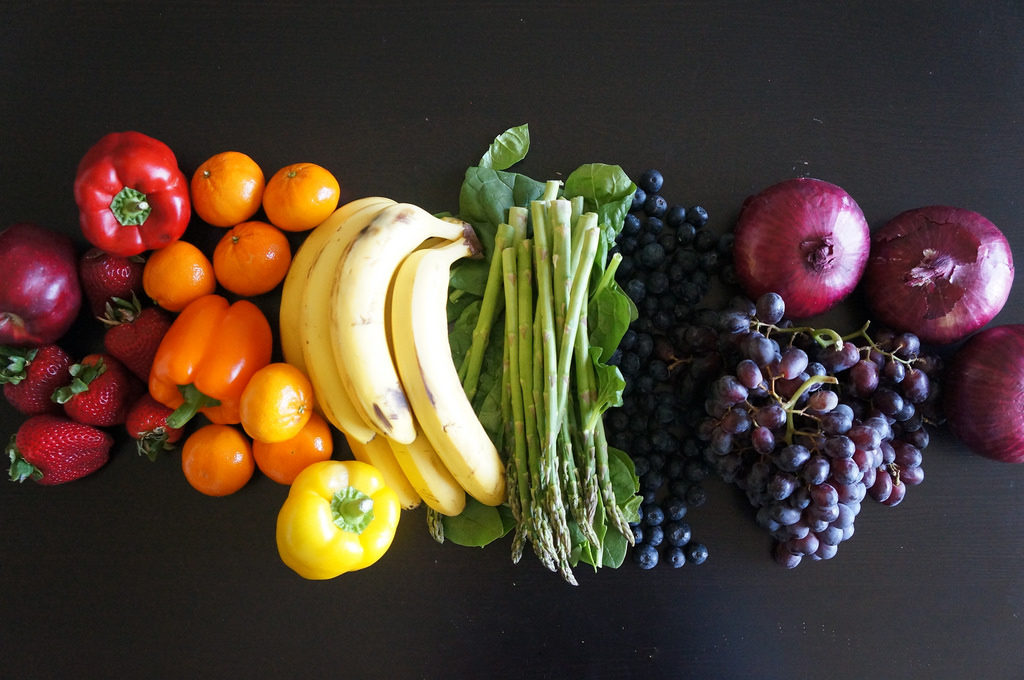
Photo by Sean Koetting
1. Eggs
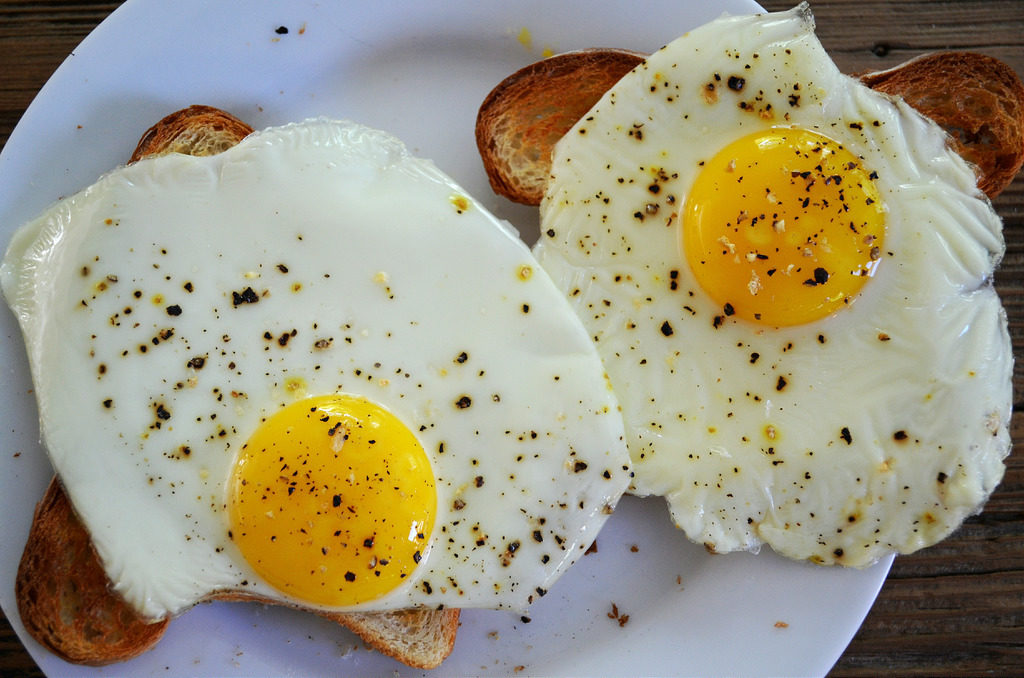
Photo by Megan Prendergast
Protein alert! Eggs are filled with high quality, complete proteins, making them perfect for your #gains. Additionally, they are packed with an endless number of vitamins and nutrients such as vitamin A, B, and K, as well as calcium, zinc and more. Eggs are also the perfect breakfast food because they help keep you fuller for longer, deferring any unnecessary snacking between breakfast and lunch.
2. Oats
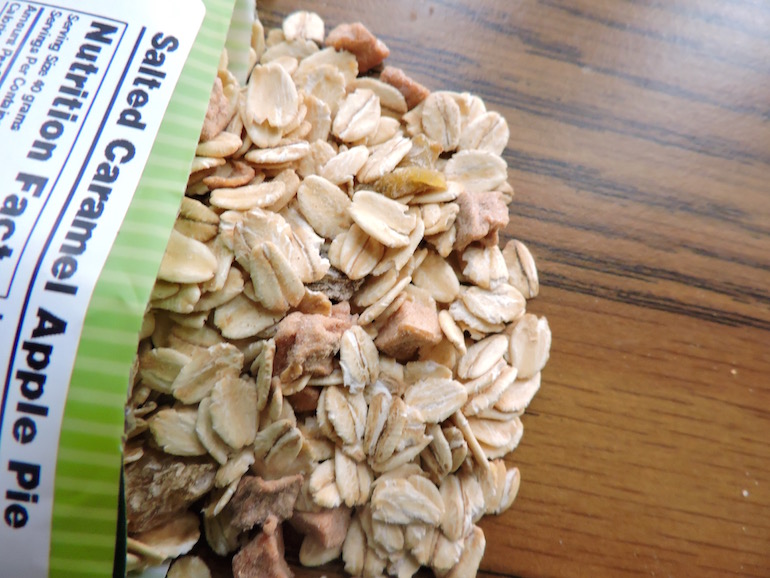
Photo by Elena Bailoni
If you don’t like eggs, oats are another perfect breakfast food. They are filled with rich carbohydrates, fibre and protein to give you energy for the day ahead of you. They also promote weight loss, better cardiovascular health and help lower your blood pressure and cholesterol.
#SpoonTip: Be mindful of what you put in your oatmeal, so you can reap all of its health benefits.
3. Blueberries
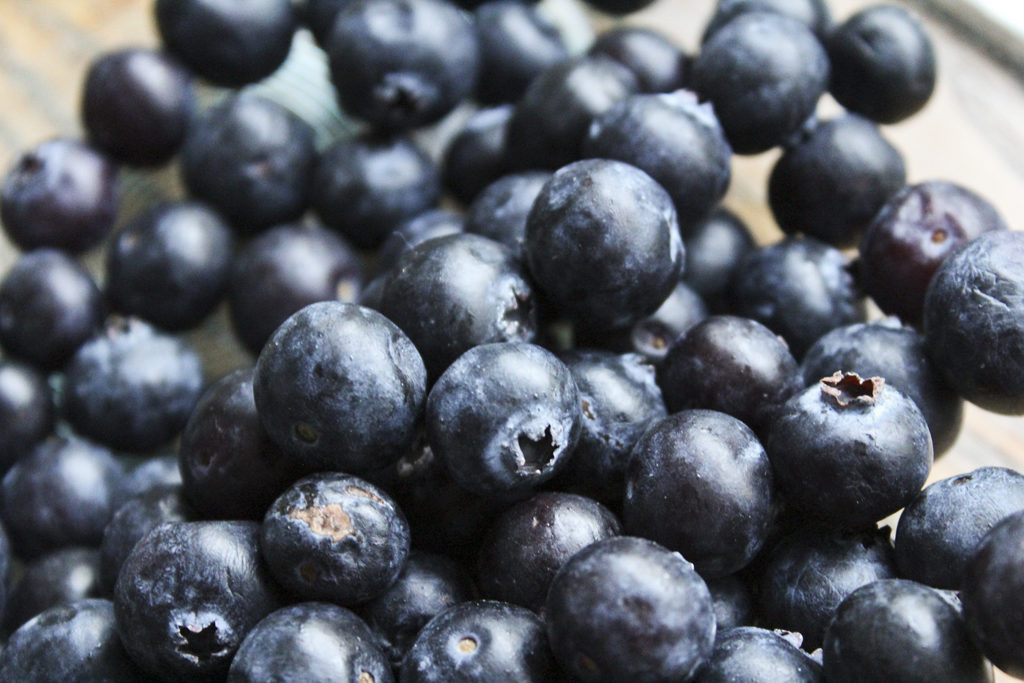
Photo by Hannah Lin
Blueberries are filled with antioxidants, which make them a must in your diet. In fact, they have more antioxidants than any other North American fruit, and more antioxidants than over 30 common fruits and vegetables. Antioxidants help protect your body from cell damage, and other illnesses such as heart disease, age-related diseases, urinary tract infections, and memory loss. In addition to that, they are also filled with fibre and vitamins.
4. Greens
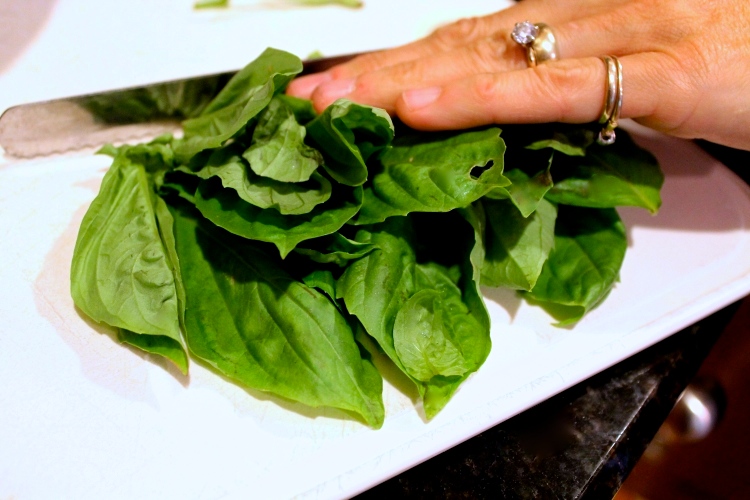
Photo by Katherine Richter
Your mom always told you to eat your greens for a reason! Greens such as broccoli, kale and spinach are all high in nutrients and vitamins – making them a great addition to any meal. They also help detoxify your body, fight and prevent cancer or various diseases, reduce inflammation and help build and repair muscles. Try one of these super foods in this salad or in a smoothie.
5. Beans
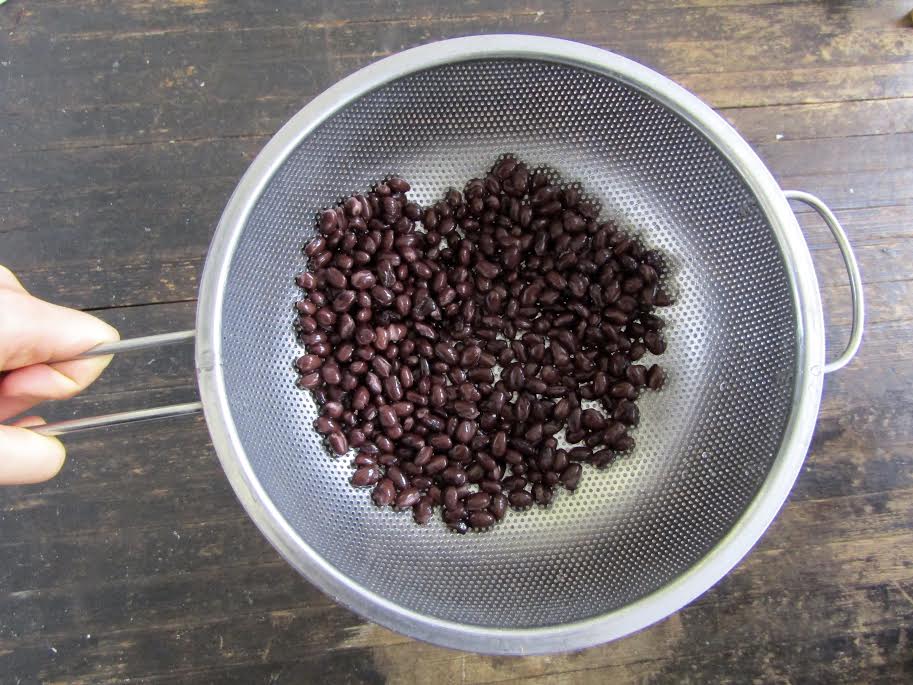
Photo by Rose Gerber
They’re called the magical fruit for a reason – just not the one you’re thinking of. Beans are a great, meat-free source of iron and protein. They are also packed with soluble fibre that helps promote good heart health. They soak up cholesterol in your body, which ultimately prevents it from sticking to the walls of your arteries and creating unhealthy plaque. They are also extremely high in antioxidants, so they can help detoxify your body.
6. Tea

Photo by Meredith Simmons
This one isn’t necessarily a food, but it definitely belongs on this list. Tea is one of nature’s best and strongest antioxidants. By drinking a cup (or more) of tea every single day, you reduce your risk of heart disease, cancer, diabetes, stroke, Alzheimer’s, and more. Tea also keeps you hydrated, strengthens your bones and teeth and can help with weight loss.
#SpoonTip: Try swapping your morning coffee for a cup of tea.
7. Yogurt
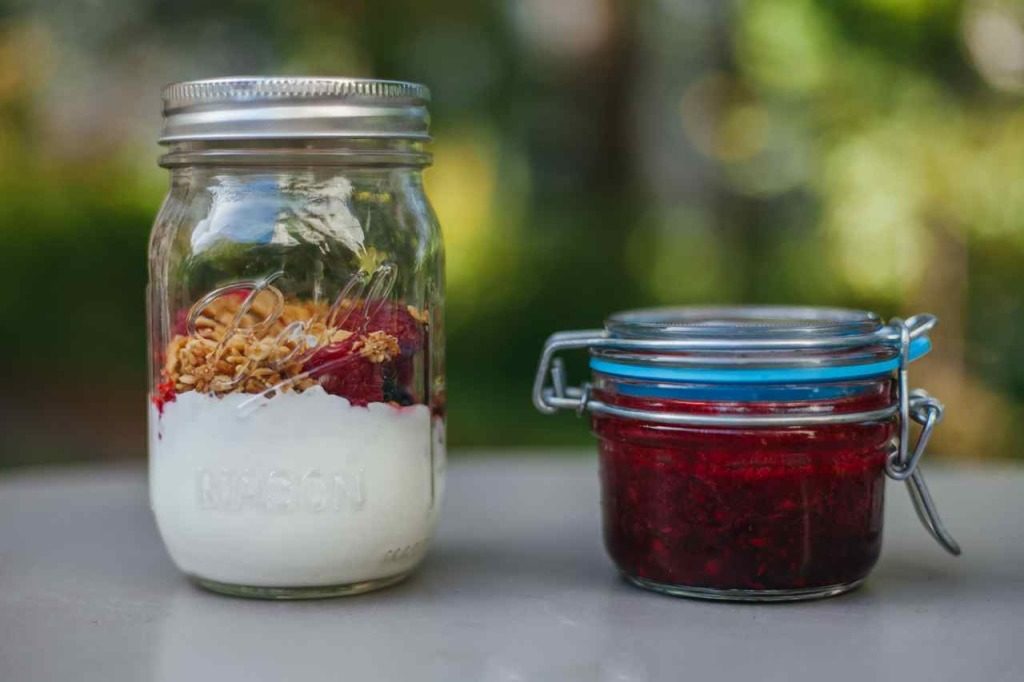
Photo by Yonatan Soler
Yogurt contains many probiotics (good bacteria) that help cut down the growth of any bad bacteria in your stomach that may lead to illness and maintain its overall health. Yogurt is also a great source of calcium, which helps to promote good bone health – reducing the risk of osteoporosis in the future. Moreover, it also reduces the risk of yeast infections, bowel disease, intestinal issues and boosts your immune system.
8. Nuts
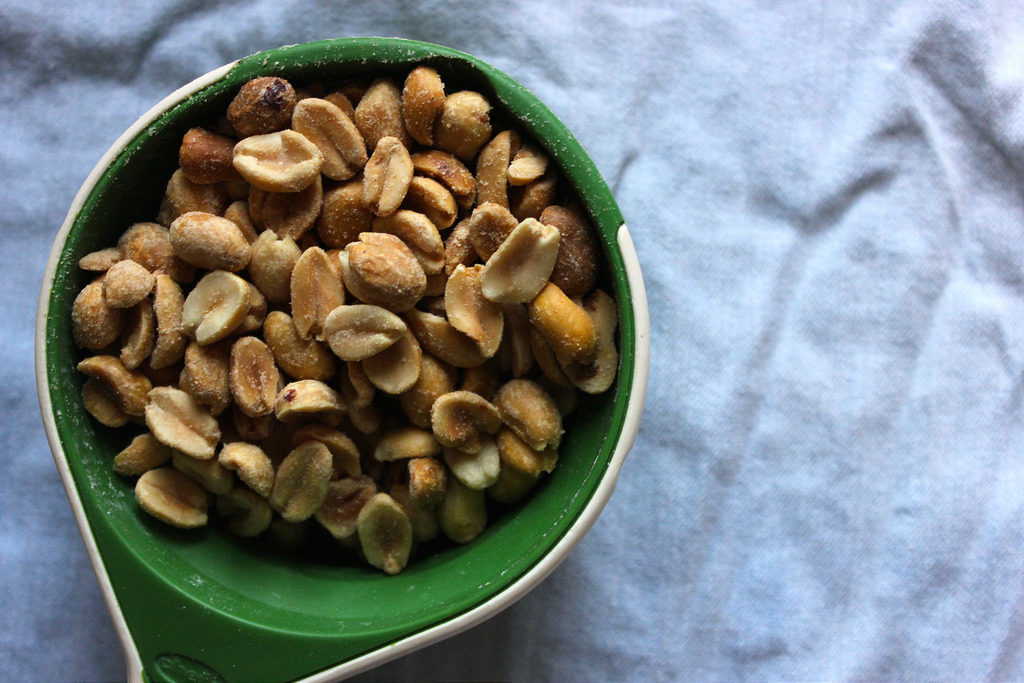
Photo by Katherine Carroll
Nuts are a tasty snack that are extremely beneficial to your health. They are packed with healthy unsaturated fats and protein. Nuts such as walnuts contain more omega-3 than salmon, which is proven to help improve your mood and heart health. They also contain anti-inflammatory properties, help lower your cholesterol, and improve brain function. In fact, studies have shown that, on average, people who eat nuts add an extra two years to their life span compared to those that do not.
9. Flax seeds
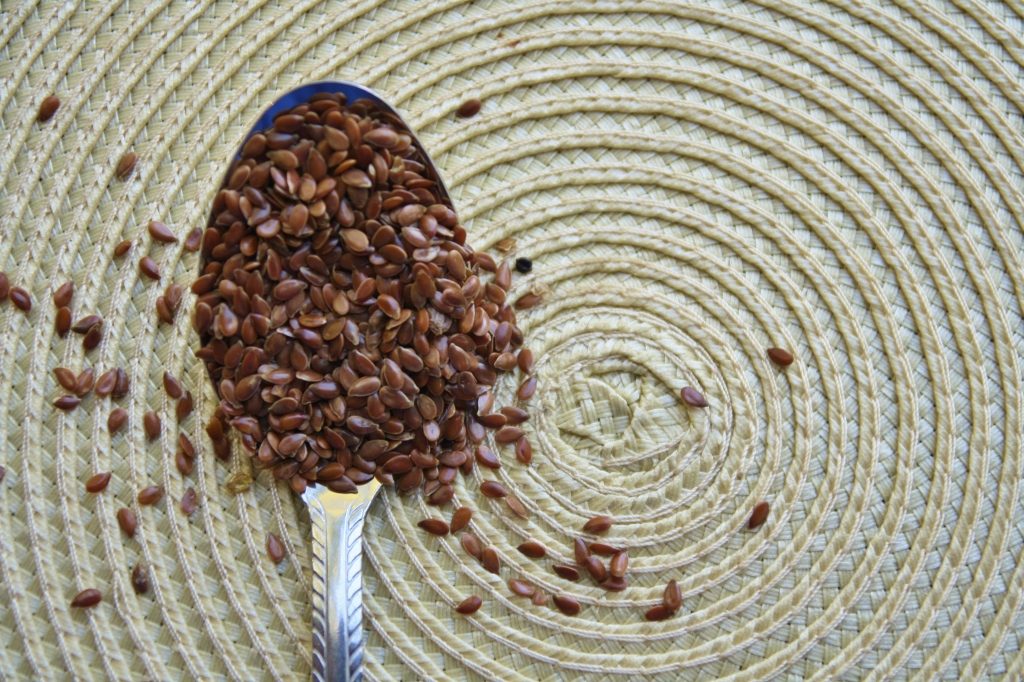
Photo by Abby Farley
Flax seeds are probably the easiest way to incorporate more fibre into your diet. They contain both soluble and insoluble fibre that help decrease cholesterol and maintain digestive health. One single tablespoon of flax seeds contains a whopping 2.3 grams of fibre. Additionally, they contain several micro-nutrients including vitamin B1, manganese and essential omega-3 fatty acids. Most importantly, they contain lignans. Lignans are a chemical compound with similar characteristics to estrogen and antioxidants. That being said, flax seeds (like many others on the list) can reduce your risk of cancer and other diseases.


